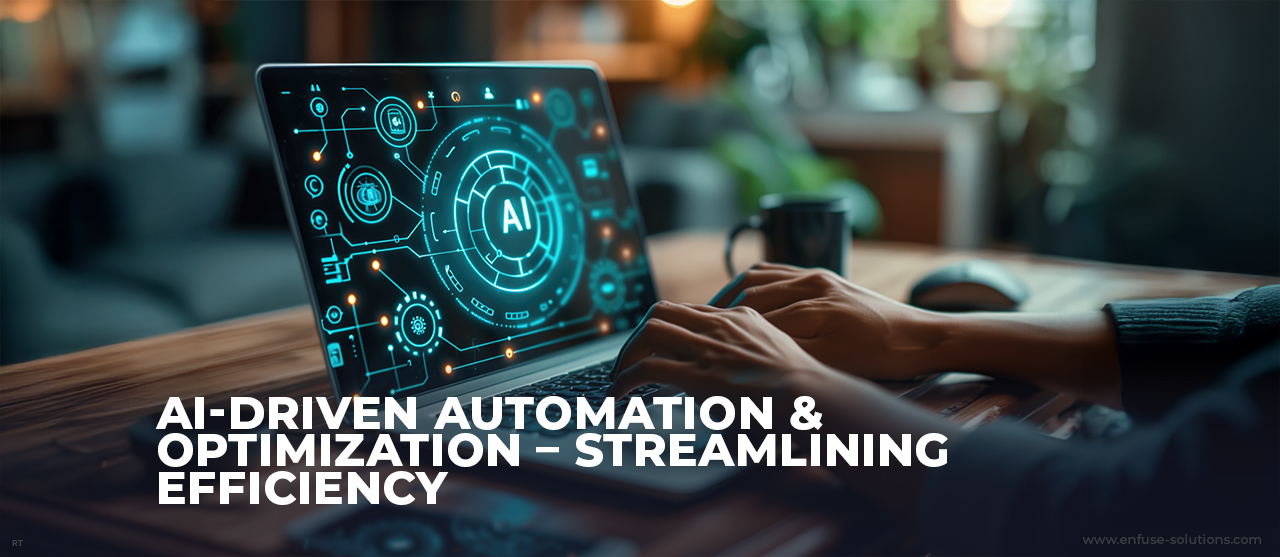
In today’s fast-paced digital economy, businesses are under constant pressure to streamline operations, cut costs, and drive growth. Artificial Intelligence (AI) has emerged as a game-changer, revolutionizing the way organizations automate repetitive tasks, optimize workflows, and enhance decision-making. From predictive analytics to intelligent automation, AI is reshaping industries and setting new benchmarks for productivity and innovation.
What Is AI-Driven Automation?
AI-driven automation refers to the use of machine learning algorithms, natural language processing (NLP), robotic process automation (RPA), and intelligent document processing (IDP) to execute tasks that traditionally require human intervention. By deploying AI technologies, businesses can reduce manual efforts, minimize errors, and accelerate processes.
Real-World Applications Of AI In Business Automation
1. Robotic Process Automation (RPA)
AI-powered bots are automating rule-based and repetitive processes like:
- Invoice processing in finance (e.g., UiPath bots reduced invoice cycle time by 60% for a Fortune 500 company).
- Customer onboarding in banking, reducing processing time from days to minutes.
2. Intelligent Document Processing (IDP)
- With AI, organizations can extract, classify, and validate data from unstructured documents.
- KPMG implemented IDP for tax document analysis, saving over 20,000 manual hours annually.
3. Conversational AI & Virtual Assistants
AI-powered chatbots and voice assistants offer 24/7 support, improving CX and reducing support costs by up to 30%, as seen with HDFC Bank’s EVA bot.
4. Predictive Maintenance
In manufacturing, AI predicts equipment failures, reducing unplanned downtime by up to 50%. GE Aviation saved millions annually by integrating predictive AI in turbine maintenance.
Optimizing Workflows With AI
AI doesn’t just automate — it transforms operations by uncovering inefficiencies and providing real-time insights.
1. AI-Powered Decision Making
AI enables data-driven insights for functions like:
- Inventory optimization (e.g., Amazon’s AI models adjust stock levels based on real-time demand).
- Supply chain analytics, reducing lead times and improving forecasting accuracy by up to 85%.
2. Customer Engagement & Personalization
- Netflix’s recommendation engine, powered by AI, drives 80% of viewer activity.
- E-commerce giants use AI to implement dynamic pricing, increasing conversion rates by 10–20%.
3. Workforce Optimization
AI helps analyze workloads, track employee performance, and suggest real-time reallocation of tasks — enhancing productivity by up to 25%, according to a McKinsey report.
Key Benefits Of AI-Driven Automation
1. Increased Operational Efficiency
AI reduces turnaround times, improves process speed, and eliminates bottlenecks, leading to 35–45% efficiency gains, as reported by Gartner.
2. Cost Reduction
Businesses can save up to 40% in operational costs by automating repetitive tasks and optimizing resource utilization.
3. Enhanced Accuracy & Compliance
AI ensures data integrity and regulatory compliance through automated audits, fraud detection, and anomaly tracking.
4. Scalability
AI systems adapt to increasing workloads without compromising speed or quality — ideal for businesses seeking sustainable growth.
Industries Reaping The Benefits Of AI-Driven Automation
1. Manufacturing
- AI-powered robotics reduces downtime and improves production line efficiency.
- Example: Siemens uses AI to optimize factory automation, increasing throughput by 15%.
2. Healthcare
- AI enhances diagnostics (e.g., cancer detection accuracy at 95% using IBM Watson).
- Automates patient record management, improving administrative efficiency.
3. Finance
- AI detects fraud in real time, automates KYC processes, and streamlines transactions.
- JPMorgan’s COIN automates document review, saving 360,000 hours annually.
4. Retail & eCommerce
- AI personalizes shopping experiences, optimizes pricing, and manages inventory.
- Zara uses AI to predict trends and manage stock, boosting margins by 2–3%.
5. Logistics & Supply Chain
- AI-driven route optimization reduces fuel costs and delivery times.
- DHL reported a 25% efficiency increase in warehouse operations with AI integration.
Challenges To Consider
Despite its advantages, AI automation presents some hurdles:
- Data Privacy & Security: Robust cybersecurity and GDPR-compliant AI solutions are essential for trust and compliance.
- Legacy System Integration: Many enterprises struggle to integrate AI with outdated systems. A phased integration strategy is often recommended.
- Employee Upskilling: Organizations must invest in AI literacy and training programs to prepare teams for AI-enabled workflows.
Conclusion: AI As The Future Of Intelligent Automation
AI-driven automation is no longer optional — it’s a strategic necessity for businesses aiming to thrive in a competitive digital landscape. By leveraging AI to optimize processes, reduce operational costs, and enhance customer experience, organizations unlock unprecedented opportunities for scalability and innovation.
Forward-thinking companies like EnFuse Solutions are helping enterprises integrate intelligent automation into their digital transformation journey. From AI-based process automation to predictive analytics and workflow optimization, EnFuse empowers businesses to future-proof their operations.
Ready to embrace the future of intelligent automation? Partner with EnFuse Solutions — your trusted ally for end-to-end AI integration and scalable automation success.







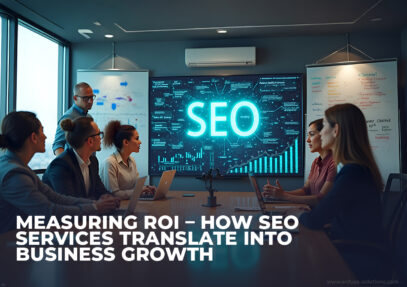
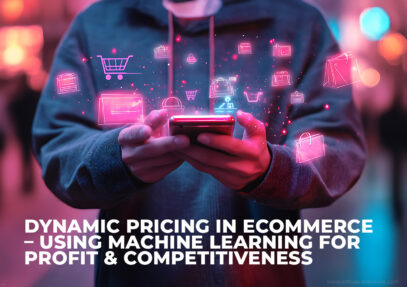
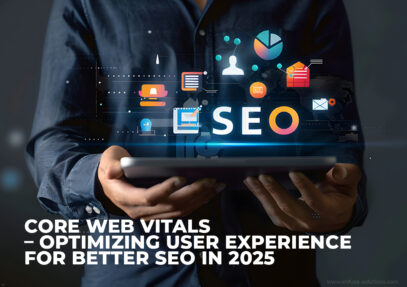
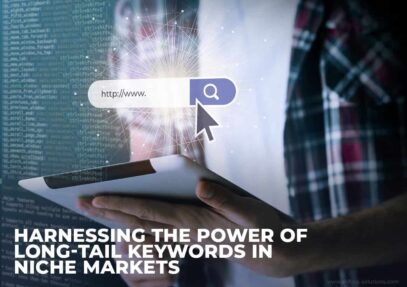
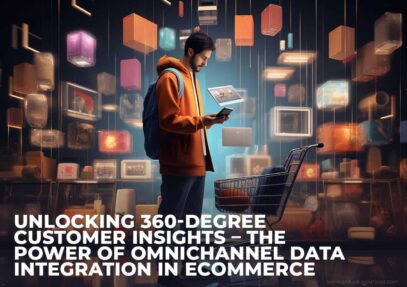
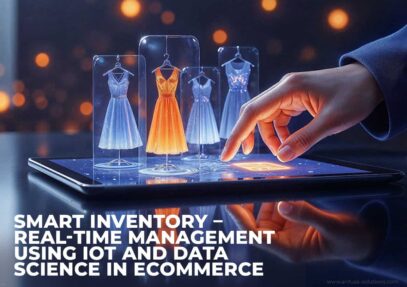
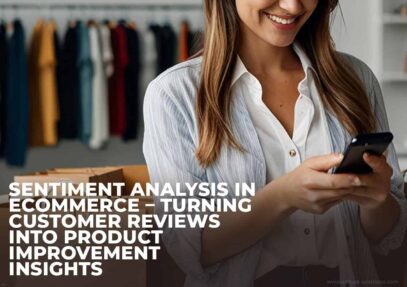
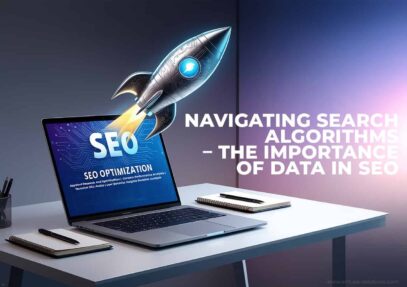
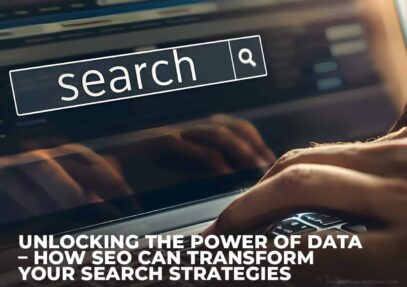

Comment